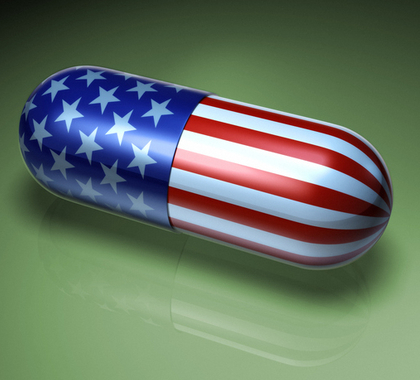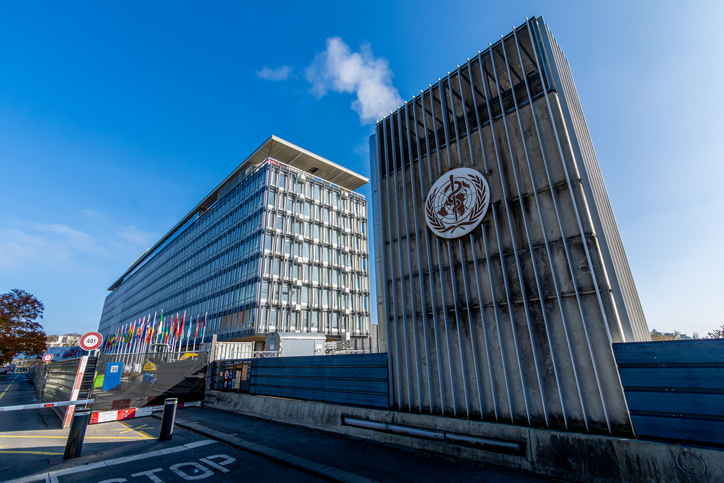Americans spent more on health care in 2016 than individuals in 10 other countries and received lower-quality care, the Journal of the American Medical Association reports.
The study analyzed three years of economic and public health data from international organizations such as the Organisation for Economic Co-operation and Development, aggregating outcomes in Australia, Canada, Denmark, France, Germany, Japan, the Netherlands, Sweden, Switzerland, the United Kingdom, and the United States.
U.S. health care spending was “approximately twice as much as other high-income countries,” yet the higher spending was not correlated with better health care outcomes, reported the study, published in March.
In 2016, 17.8 percent of the United States’ gross domestic product, a measure of the total value of goods produced and services provided, was spent on health care, whereas the other 10 countries’ annual health care spending ranged from 9.6 percent to 12.4 percent.
Costs of Government, Middlemen
Greg Scandlen, a senior fellow with The Heartland Institute, which publishes Health Care News, says the U.S. health care system is plagued by middlemen who increase the cost of services without adding additional value.
“About 20 percent of every dollar you pay for an insurance premium is sucked up by the insurance company’s administrative costs,” Scandlen said. “Then, the insurance company is imposing administrative costs on the doctors and hospitals. For every dollar that you pay for insurance premiums, you may be getting 50 cents’ worth of services.”
Scandlen says the Affordable Care Act of 2010, often referred to as Obamacare, has worsened the problem.
“The worst thing about Obamacare is it is forcing everything to be processed through this insurance mechanism,” Scandlen said. “For instance, before Obamacare required that preventative services be covered, if you wanted to get a preventative service you would go to where it is provided and pay directly for the service. You would get a dollar’s worth of care for every dollar that you paid. Once it has to be processed through an insurance mechanism, it becomes monstrously inefficient.”
Identifies Subsidies as Culprit
Thomas Miller, a resident fellow in health policy studies at the American Enterprise Institute, says government subsidies are also to blame.
“We are pretty good at subsidizing health care in this country, and we do it through Medicare and Medicaid,” Miller said. “This certainly got another boost from the Obama administration, in terms of coverage subsidy expansion both through Medicaid, which is where the real growth was, and secondarily through the private insurance exchanges.”
Big government is making the health care system sicker, Miller said.
“As long as there is some propulsion to extract money through taxes and indirect regulatory subsidies and limit competition in a vigorous sense, it is easier to command a higher price or an overall level of revenue,” Miller said. “Although we have health care that is delivered mostly through private-sector, quasi-market means, it operates in a climate of limited competition, regulatory protections, benefits for existing stronger incumbents, and encouragement of more-concentrated markets.”
Blaming the Victim
Miller says lawmakers must get the government out of the health care business.
“All of those are the products of public policies, but officeholders like to blame the greedy private sector,” Miller said. “They say the high prices must be due to private sector forces and it’s going to require wise regulators and politicians to bring them back down.”




